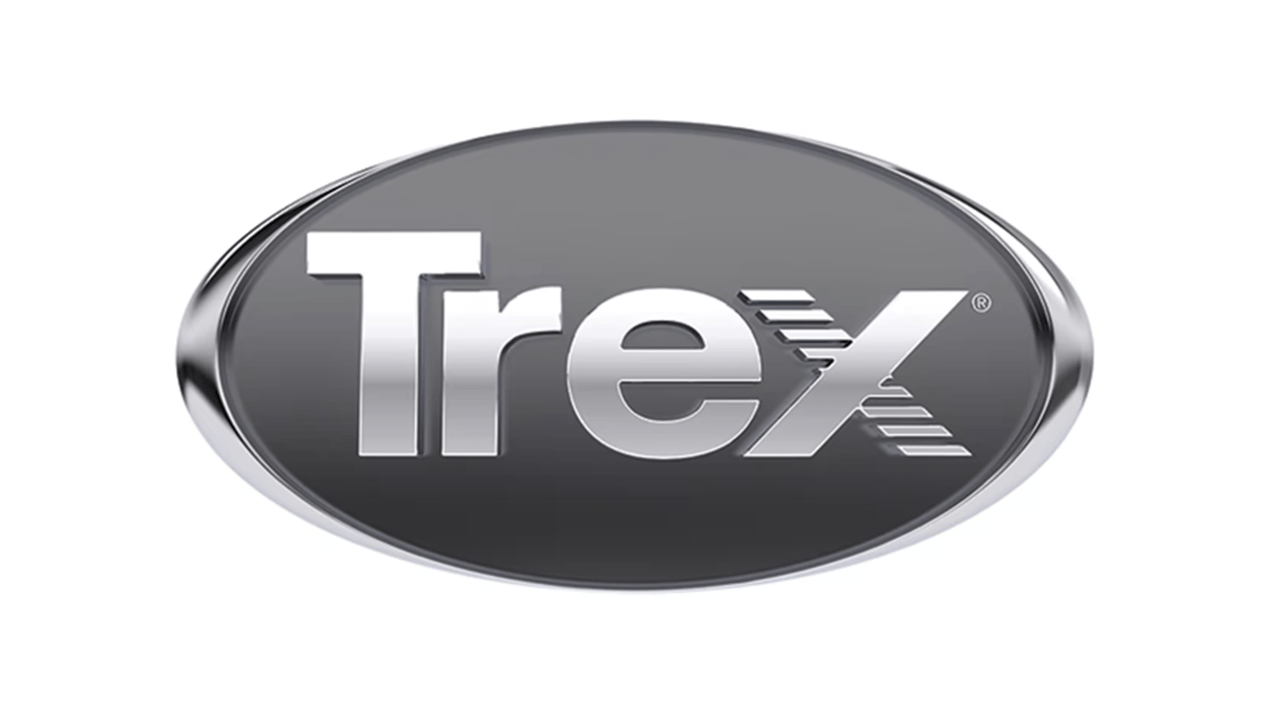
Why Skills-First Leadership Is Replacing the Ivy League Playbook in the C-Suite
The old prestige pyramid—where Ivy League degrees and blue-chip consulting backgrounds paved the way to the CEO seat—is cracking.

Recent financial analyses spotlight deteriorating returns on capital metrics for Trex Company (NYSE: TREX), a composite decking and railing product manufacturer. These signals suggest potential challenges for the company within a historically favorable economic environment.
Typically, declining returns on capital indicate a less efficient use of the company’s assets and investments. It could stem from increased operational costs, weaker pricing power, or a slowdown in market demand. It’s worth noting the broader home improvement sector has witnessed a softening trend as interest rates rise and economic uncertainties loom.
For Trex, Specifically, several key metrics have experienced marked declines over the past year. Return on equity (ROE) and investment capital (ROIC), essential profitability measures, have dropped significantly. This downturn points towards diminished efficiency in revenue generation and investment allocation.
However, analysts caution that declining returns on capital only sometimes foreshadow a complete reversal of the company’s fortunes. Trex still possesses a strong market position, with a loyal customer base and well-established brand recognition. A key focus for investors is monitoring how Trex navigates the changing market conditions by streamlining operations, controlling costs, or exploring new avenues for growth.
The company’s long-term prospects will hinge on its ability to adjust its business model in response to economic headwinds and maintain its competitive edge in the decking and railing industry. While the near-term outlook may appear less favorable, Trex’s future trajectory remains to be seen.

The old prestige pyramid—where Ivy League degrees and blue-chip consulting backgrounds paved the way to the CEO seat—is cracking.

Loud leaders once ruled the boardroom. Charisma was currency. Big talk drove big valuations.

But the CEOs who make history in downturns aren’t the ones with the deepest cuts

Companies invest millions in leadership development, yet many of their best executives leave within a few years. Why?

The most successful business leaders don’t just identify gaps in the market; they anticipate future needs before anyone else.

With technological advancements, shifting consumer expectations, and global interconnectedness, the role of business leaders

Following a distinguished Law Enforcement career Joe McGee founded The Securitatem Group to provide contemporary global operational specialist security and specialist security training products and services for private clients, corporate organisations, and Government bodies. They deliver a wide range of services, including complete end-to-end protection packages, close protection, residential security, protection drivers, and online and physical installations. They provide covert and overt investigations and specialist surveillance services with a Broad range of weapons and tactical-based training, including conflict management, risk and threat management, tactical training, tactical medicine, and command and control training.

Jay Wright, CEO and Co-Owner of Virgin Wines infectious energy, enthusiasm, passion and drive has been instrumental in creating an environment that encourages talent to thrive and a culture that puts the customer at the very heart of every decision-making process.

Fabio de Concilio is the visionary CEO & Chairman of the Board at Farmacosmo, a leading organization dedicated to mental health and community support services. With a deep commitment to identifying and meeting customer needs, Fabio ensures that high standards are maintained across the board.

Character Determines Destiny – so said Aristotle. And David CM Carter believes that more than anything else. For David, it has been numerous years of research into codifying Entelechy Academy’s 54 character qualities that underpin everything he stands for as a leader and teacher.


Leave us a message
Subscribe
Fill the form our team will contact you
Advertise with us
Fill the form our team will contact you